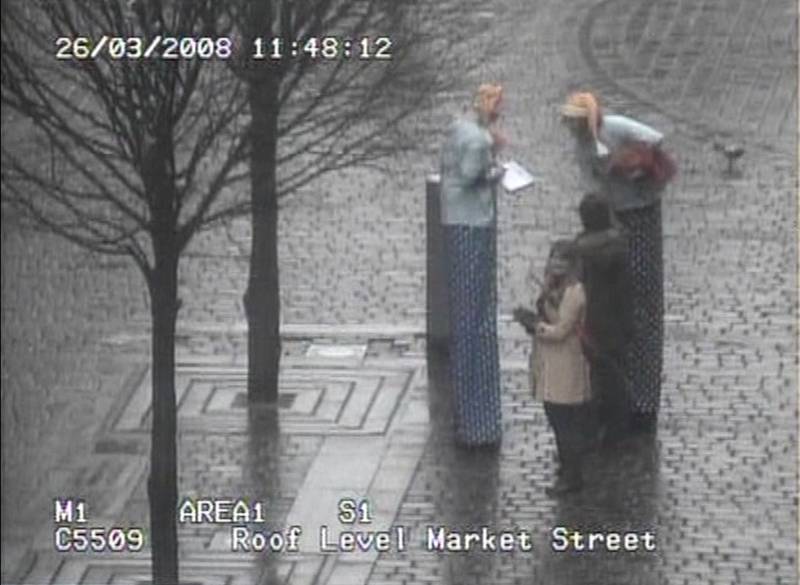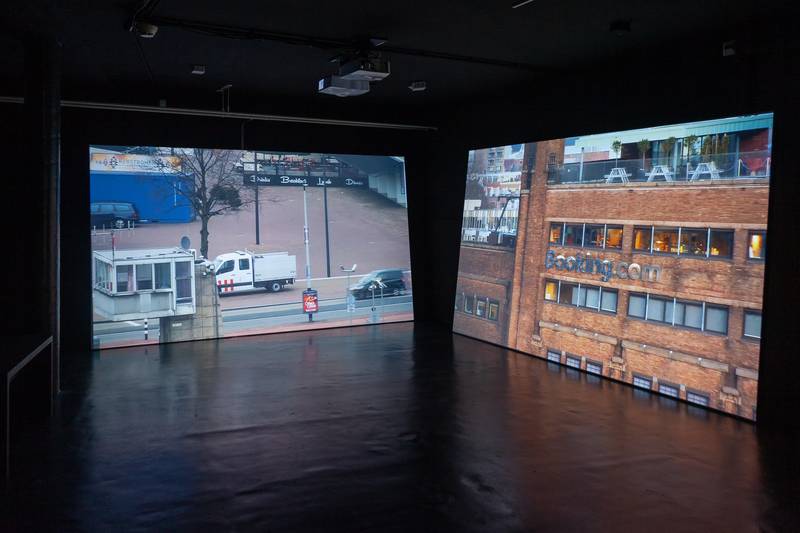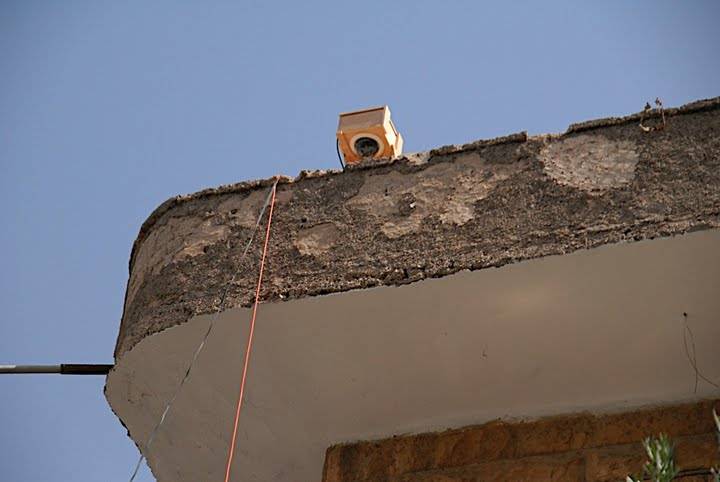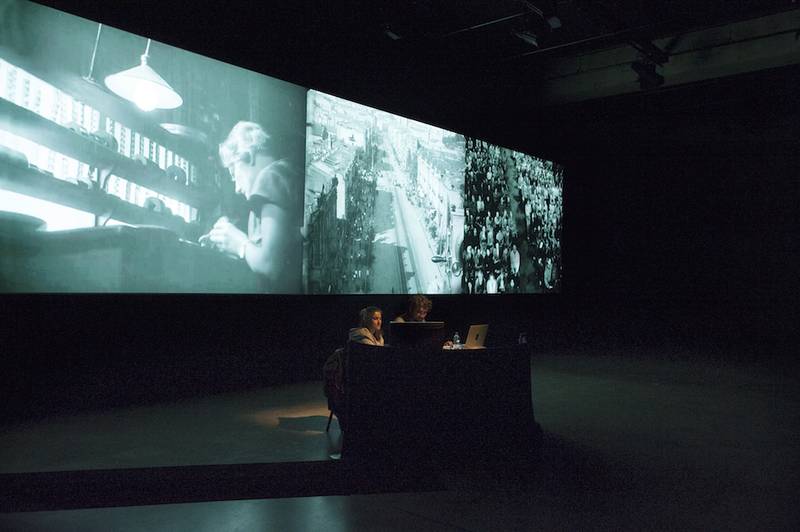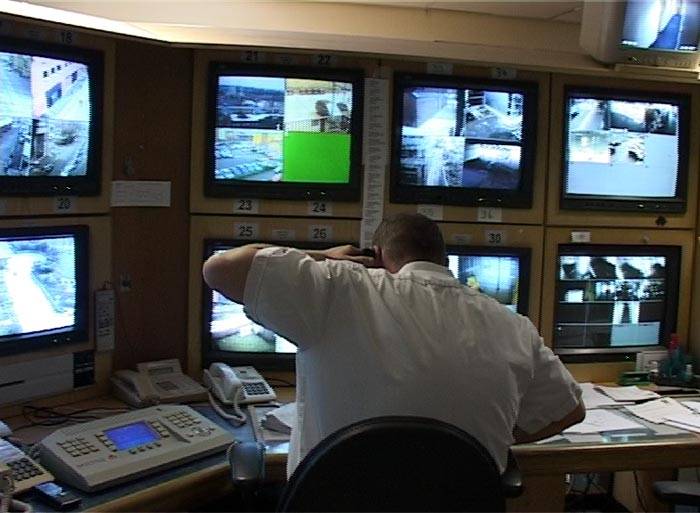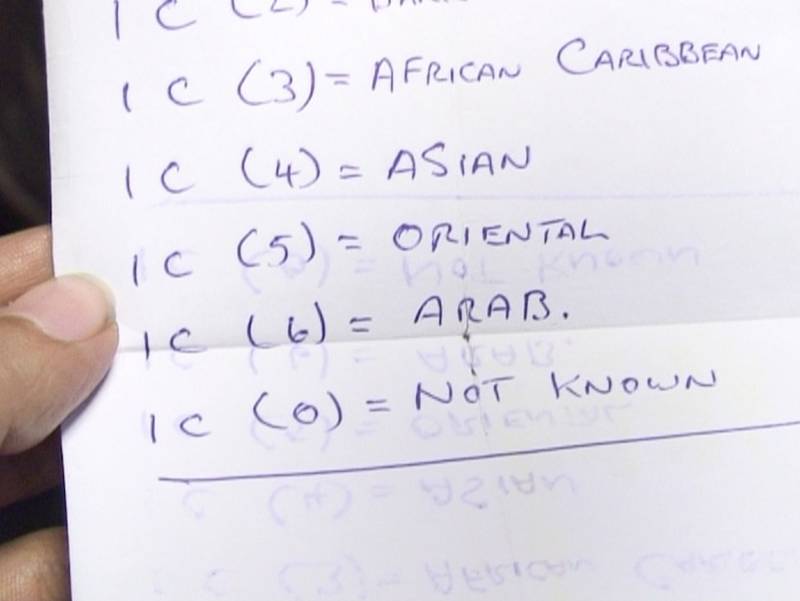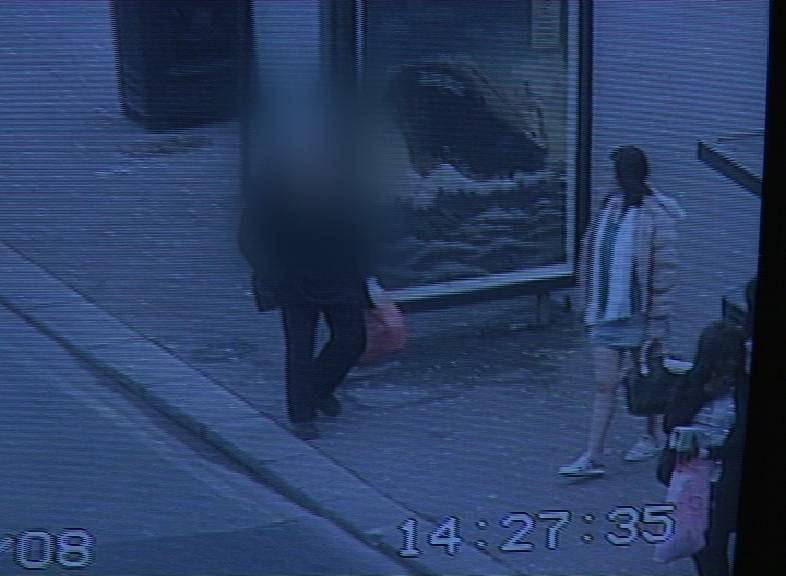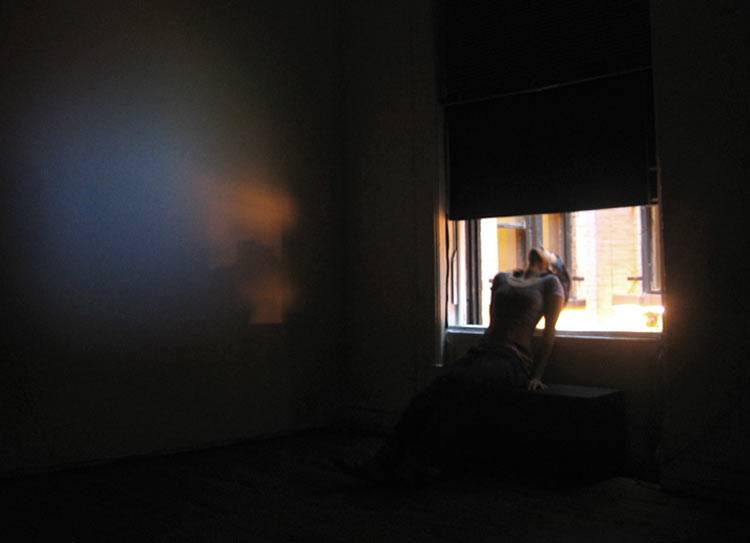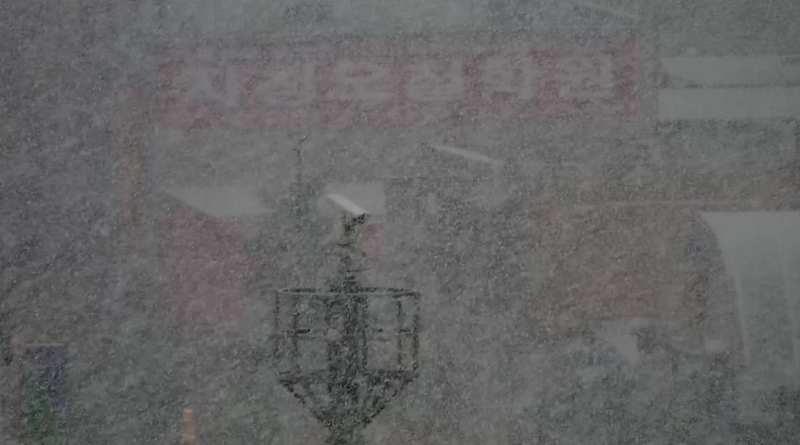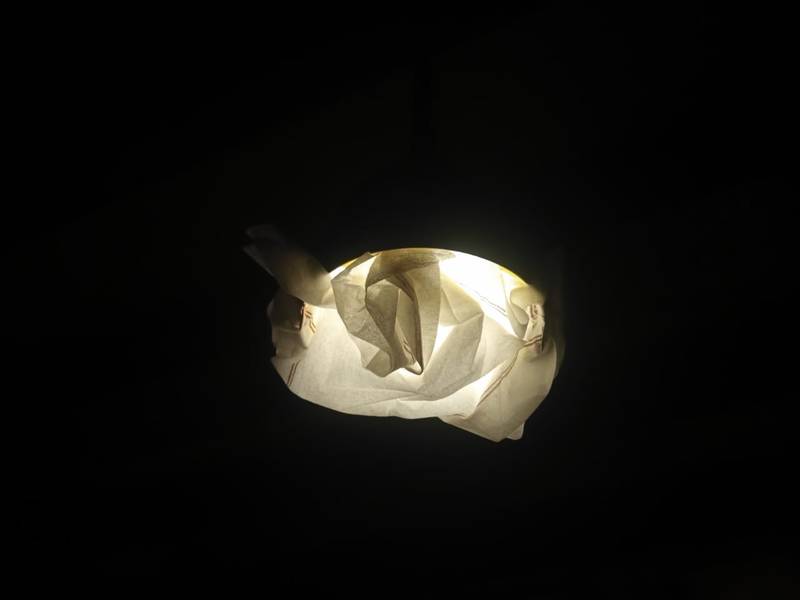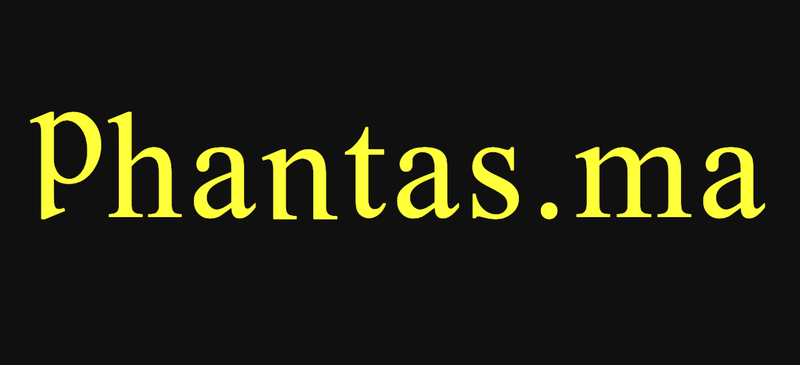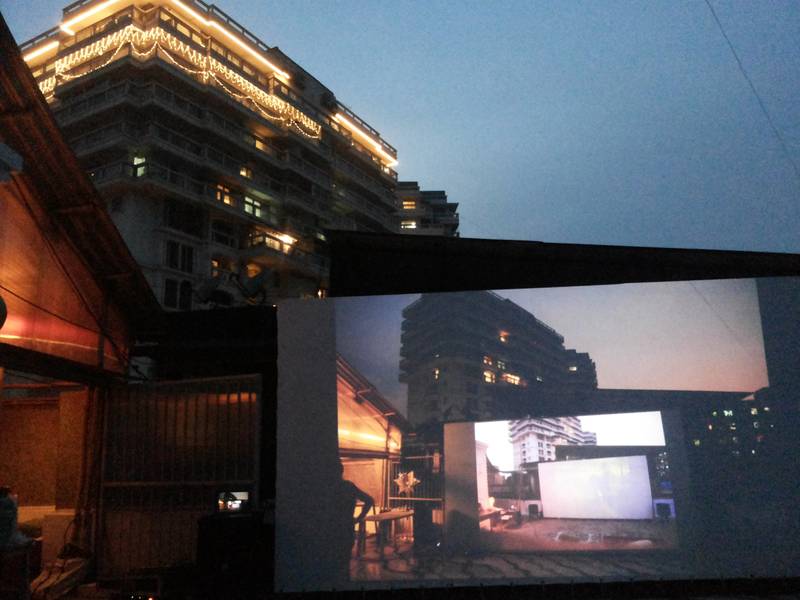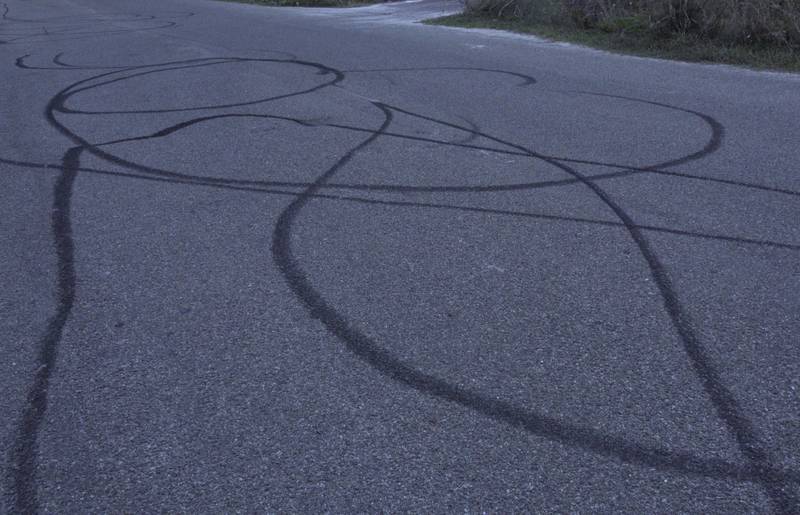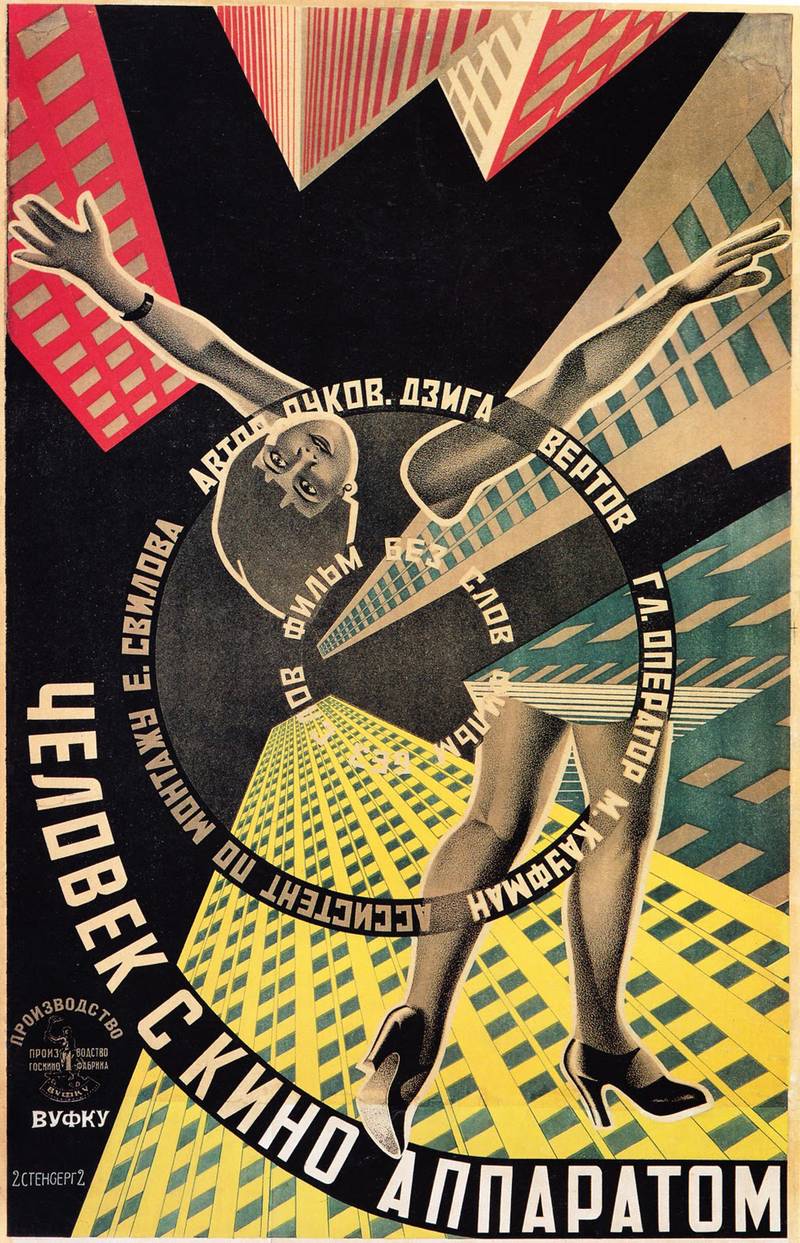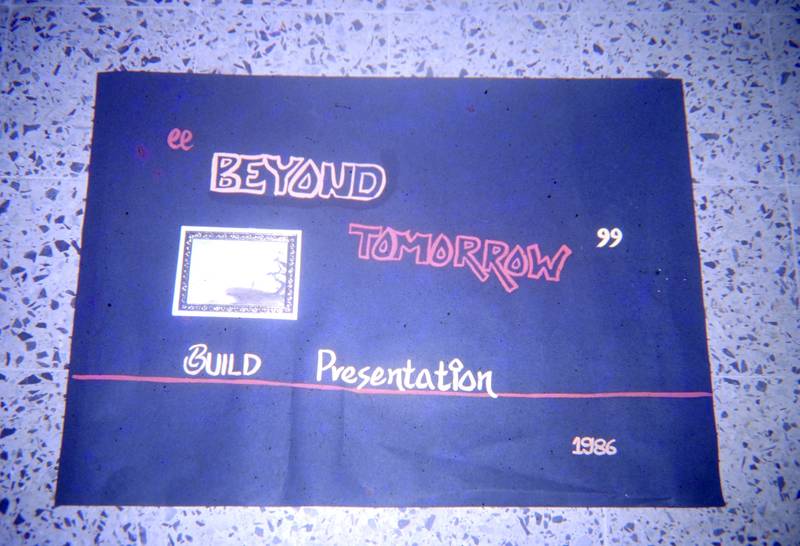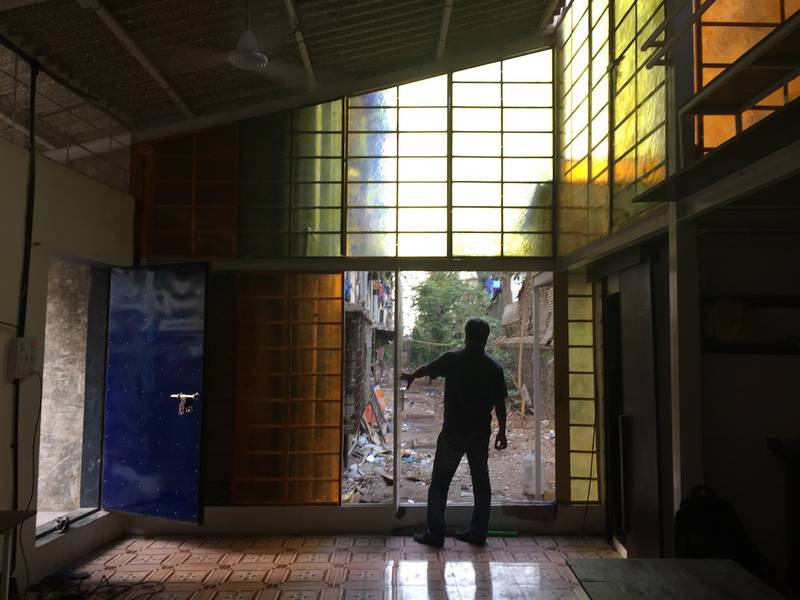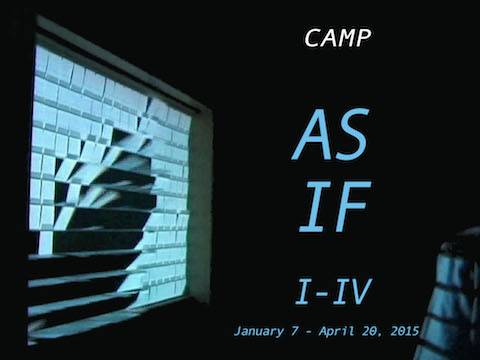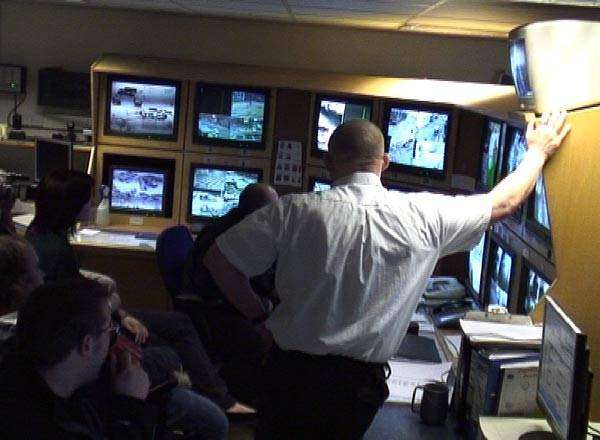
CCTV Social
In March 2008 Shaina Anand collaborated with Manchester Metropolitan University and Arndale Shopping Centre to open working CCTV environments to a general audience. People normally 'enclosed' by these networks came into the control rooms to view, observe and monitor this condition, endemic in the UK.
Manchester's Open Street Surveillance, with Pan-Tilt-Zoom cameras (covering approx a 3km radius) and systems wired into the surrounding architecture over a decade ago were subject to demonstrations, scrutiny and inquiry by 36 participants. These sessions became somewhat like a diagnostic clinic, where symptoms, anxieties and inoculations about 'public health', under surveillance were mediated upon. The therapy sessions seemed to work both ways, for the participants as well as the security officers.
If the analog control room of MMU's Open Street Surveillance seemed 'just like 1984', the CCTV control room of the Arndale Centre bore cold testimony to the much heard myth, 'the IRA bomb saved Manchester'. The mall was the site of the largest IRA bomb in the UK, (1996) and its rebuilding (to create the largest Mall in UK) was the start of Manchester's regeneration program.
By having over 100 members of the public sign 'image-release' forms, the crew manipulated the UK Data Protection Act to have 'public' access the surveillance feed from the malls 206 cameras.
Visit links on the right for still and moving images and text about the sessions.
Annotations and Downloads at PAD.MA
A series of videos were exhibited at Cornerhouse, Manchester in April-May 2008 for the Asian Trienale Manchester 08, in an exhibition titled, What do you want?, curated by Kathy Rae Huffman.
Commissioned by Cornerhouse and Cornerhouse Education Livewire Program.
Capital Circus commissioned by Henie Onstad Kunstsenter, Norway for Reality Effects.
with
Chris Clarke, Ashok Sukumaran, Marisa Draper.
Special thanks to:
Kathy Rae Huffman, Sarah Perks, Tereza Kotyk at Cornerhouse.
Georgina Amica-Carpenter, Max Igbon and Jon Ratcliffe from Livewire Youth Program and Dean Brocklehurst, Hannah Mosley, Dale Copley.
Jai Redman from Ultimate Holding Company.
MMU Security:
Joe and Steve.
Ian, Bernadette, Mike, Alf, Stewart.
Arndale Security:
Gayle, Colin and Paul.
Participants:
Jodie Sadler, Marisa Draper, Dean Brocklehurst, Rob Dunne, Alasdair Swenson, Sarah Jamison, Gwen Osmond, Roisin Weintraub and Daniel Johnson, Rachel Ashcroft, Matthew Holland, Lowri Evans, Amy Pennington, Hannah Swan, James Tennet, Kate Taylor, Helen Taylor, Alex Donohue, Adam Moxley, Amy Glendinning, Julie Spellman, Dale Copley, Phil King, Isabel Croissant, Anna Churcher Clarke, Elisabeth Bromley, Jonathan Watts, Harriet Mitchell, Dan Williamson, Joe Richarson, Jai Redman.
